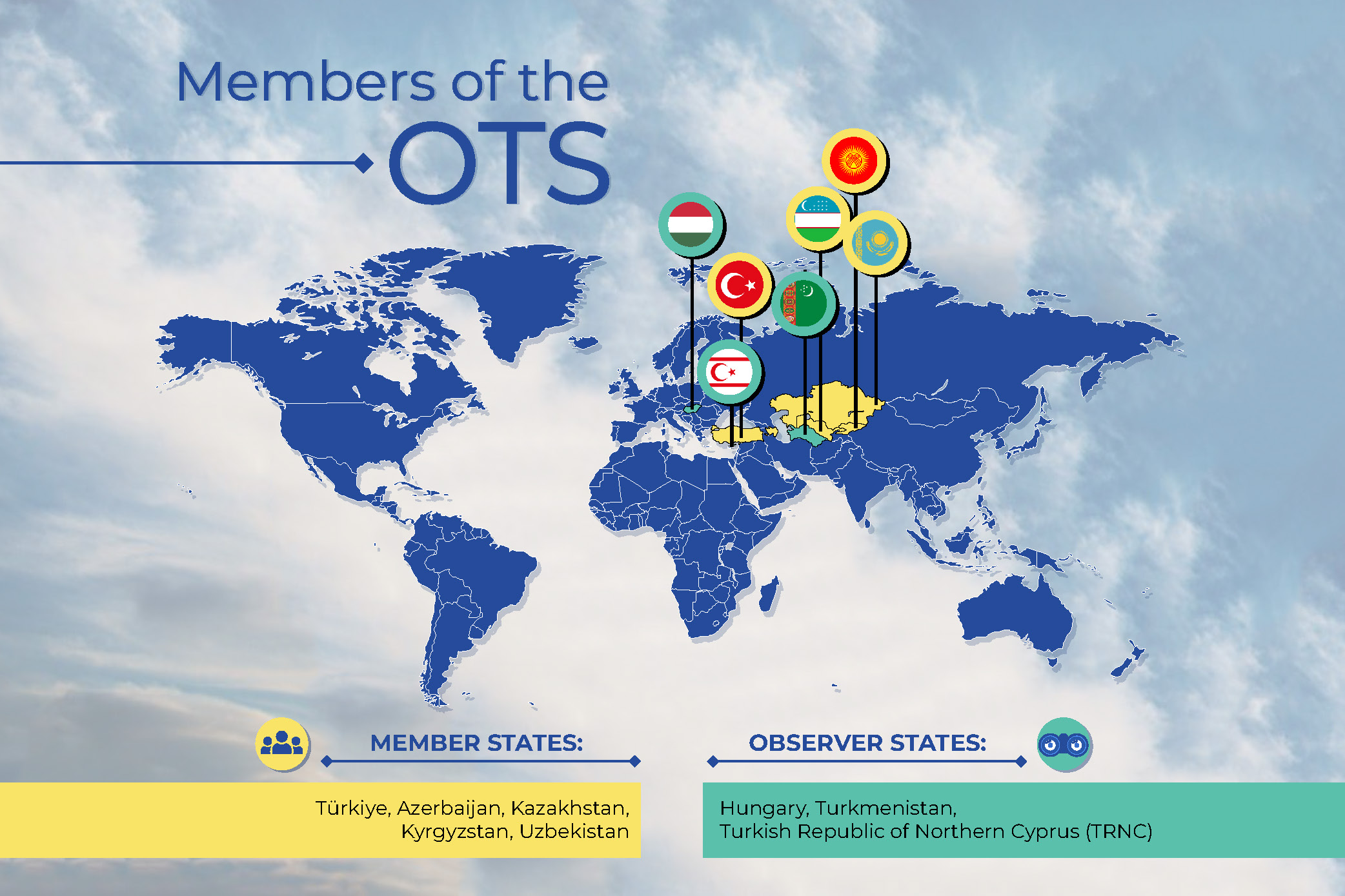
Five years in, Hungary got its official promotion to the closest European ally of Central Asia. The Organization of Turkic States (OTS), of which Hungary has been an observer since 2018, opened its European representation office in Budapest with János Hóvári (1955-2023) at the helm.
In an eccentric move that experts at the time labeled a “virtual enlargement” strategy – a well-known tool of small-state diplomacy that focuses on gaining outsize influence in world affairs through soft power –, Hungary tapped the Central Asian states’ immense potential.
The three things Post-Soviet Central Asia needs in the 21st century are water to keep the region habitable, capital to fuel growth, and friends to maintain peace and stability. Hungary, as it were, sits atop one of the world’s most impressive water technology value chains which deploys water treatment systems all over the world from West Africa to the Middle East. Hungary is also a country that is actively looking for export markets and foreign investment opportunities to boost growth in a time when its traditional EU markets are either stagnant or downright in recession. And an office in Budapest also proved to be a great place for Central Asia to find friends: the Hungarian branch has allowed the Organization of Turkic States to strengthen ties with the European institutions as well as several international organizations based in Vienna.
“One of the Representation Office’s tasks is to act as a steady bridge in improving cooperation between member states of the OTS and the EU”, OTS General Secretary Kubanychbek Omuraliev told the Hungarian weekly Mandiner in April 2023, adding that “soon, the Institute for Drought Prevention is opening, coordinated by OTS’ Hungarian representation”. After the Uzbek-Hungarian Potato Research Center, the Institute is the second institutionalized link between Central Asia’s food security issues and the solutions provided by Hungary’s thriving agritech industry.
This might appear risible to some – but not to those with a grasp of the Central Asian context. Nestled in a complicated security environment between warring Russia and rising China, it is imperative that Central Asia be given a chance to diversify the array of partners it works with in solving its problems and figuring out its economic future. To those with any knowledge of the Great Game, it should be painfully obvious that Hungary’s “Eastern Opening” in Central Asia evokes, as a natural counterpiece, Central Asia’s “Western Opening”. That is a match made in heaven. If the West is to exploit the immense opportunities for growth, business and energy supply provided by Central Asia, the time to act is now and the way to act is Hungary’s way.
The author is a foreign policy journalist
